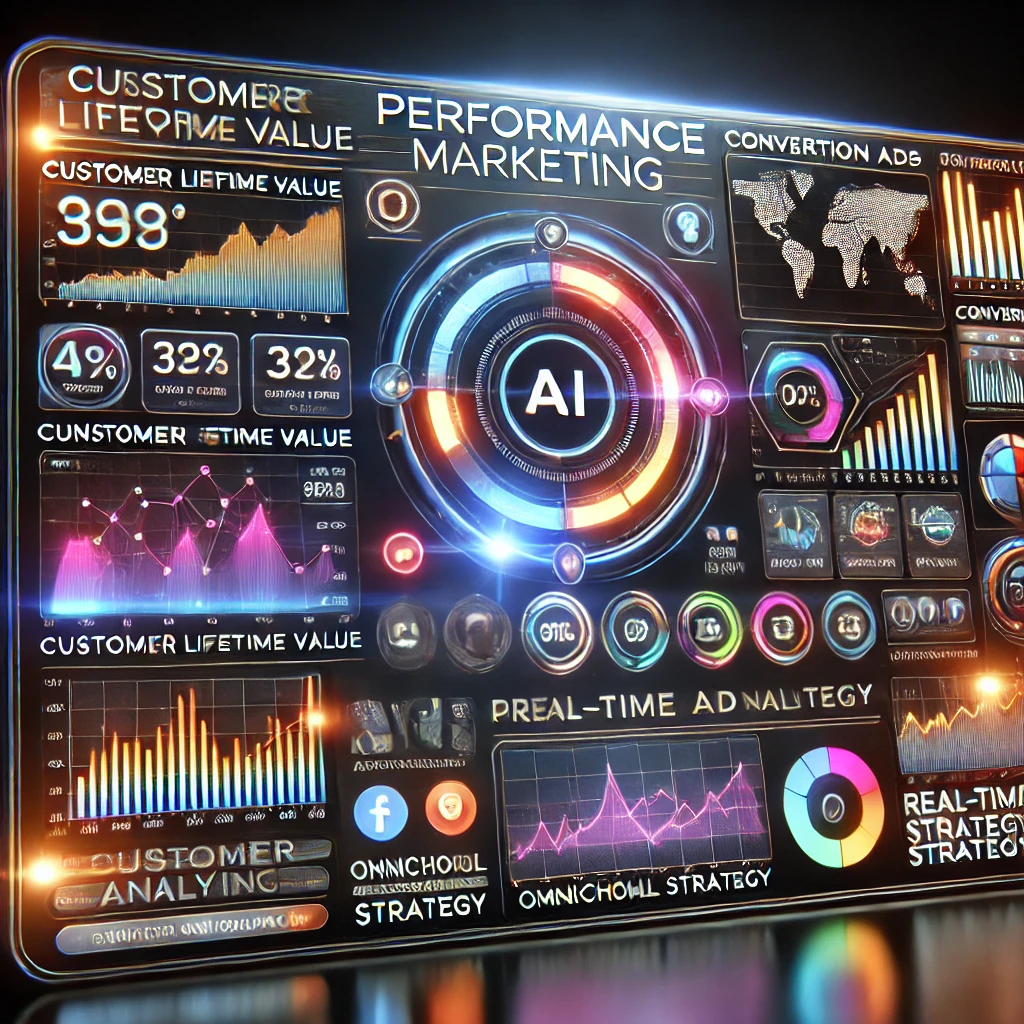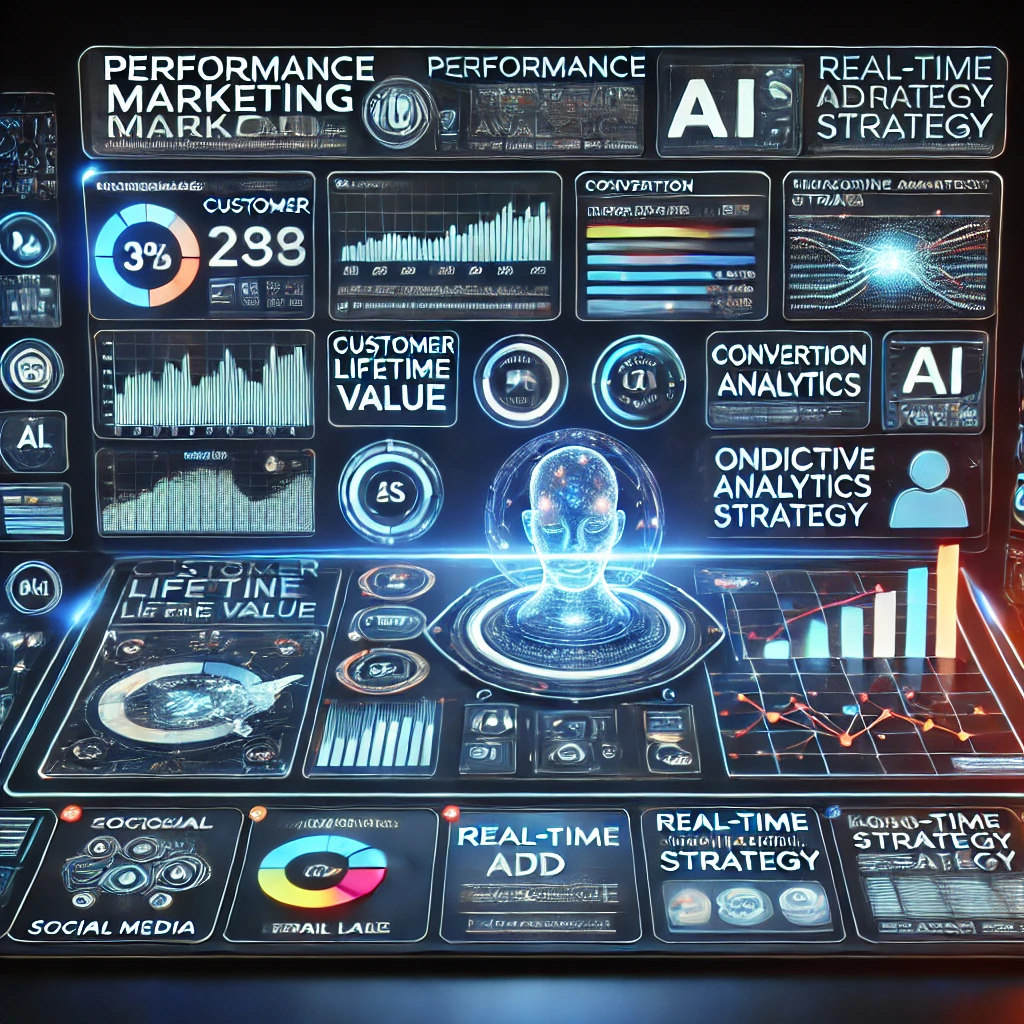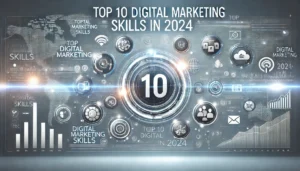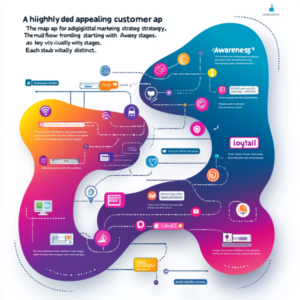is an ever-evolving field, and as we look toward 2025, it’s clear that the landscape will continue to change. As businesses become more data-driven and consumers demand more personalized experiences, the strategies we use must adapt.
This guide explains performance marketing in 2025. It provides insights on trends and strategies. You will also find best practices to enhance your marketing efforts. Whether you’re a seasoned marketer or just starting out, this guide will help you stay ahead of the curve.
Key Takeaways
- Adaptation to Change: Performance marketing in 2025 is about being flexible and adapting to new technologies and consumer behaviors.
- Data-Driven Strategies: Data continues to be king, but how we collect, analyze, and apply that data will evolve.
- Personalization: With consumers expecting more personalized experiences, marketers must leverage data to create tailored campaigns.
- Automation: AI and automation will help manage performance marketing campaigns. They will make these campaigns easier and more effective. This will happen on a larger scale.
- Sustainability and Ethics: As consumers become more conscious of sustainability and ethical practices, marketers must align their strategies accordingly.
Performance Marketing
Performance marketing is a digital marketing strategy that focuses on measurable outcomes. Unlike traditional marketing, where businesses pay upfront for advertising, performance marketing operates on a pay-for-performance model.
This means that advertisers only pay when a specific action is completed, such as a click, lead, or sale.
In 2025, performance marketing will be more sophisticated than ever. With advancements in technology, marketers will have access to more data, better analytics, and more precise targeting options.
This will allow for more effective and efficient campaigns, where every dollar spent can be tracked and optimized for maximum return on investment (ROI).

What is Performance Marketing?
Performance marketing is about getting measurable results. It’s the perfect blend of creativity and data, where marketers can see exactly how their efforts are paying off.
The focus is on key performance indicators (KPIs) such as clicks, conversions, and sales, which allows businesses to see a clear return on their investment.
In 2025, the focus will shift even more towards personalization and automation. With the rise of AI, marketers can create highly personalized campaigns that target the right audience at the right time.
This not only improves the customer experience but also increases conversion rates and ROI.
Performance Marketing Guide
As we move into 2025, there are several key trends and strategies that every performance marketer should be aware of. These include the continued rise of AI and automation, the importance of data-driven decision-making, and the need for personalization in marketing campaigns.
Understanding the Basics
Before diving into the latest trends, it’s essential to understand the basics of performance marketing. This includes knowing how to set up and track campaigns, understanding key metrics, and knowing how to optimize your efforts for better results.
This means you need to learn how to start and follow campaigns. You should understand important numbers. You also need to know how to improve your work for better results.
Marketers will need to be familiar with the latest platforms and technologies to stay competitive. This includes understanding how to use AI and machine learning to automate tasks and improve campaign performance.
Advanced Strategies
As the performance marketing landscape evolves, so too do the strategies needed to succeed. In 2025, advanced strategies will focus on personalization, automation, and data-driven decision-making.
One key strategy will be the use of AI and machine learning to optimize campaigns. This includes using AI to analyze data and make real-time adjustments to campaigns based on performance. Marketers will also need to be adept at using automation tools to streamline tasks and improve efficiency.
As consumers expect more personalized experiences, marketers must leverage data to create campaigns tailored to individual preferences and behaviors.
The Role of AI and Automation
AI and automation will play a significant role in performance marketing in 2025. From automating tasks to optimizing campaigns, these technologies will make it easier for marketers to manage and scale their efforts.
One of the key benefits of AI and automation is the ability to analyze vast amounts of data in real-time. This allows marketers to make data-driven decisions and optimize their campaigns for better results.
Automation tools will also make it easier to manage tasks such as ad creation, audience targeting, and campaign optimization, freeing up time for marketers to focus on strategy.
Data-Driven Decision Making
Data has always been a critical component of performance marketing, but in 2025, its role will be even more significant. With the rise of big data and advanced analytics tools, marketers will have access to more information than ever before.
Data-driven decision-making will be essential for success in 2025. Marketers will need to be able to analyze data quickly and accurately to make informed decisions about their campaigns. This includes everything from identifying trends and patterns to optimizing ad spend and targeting the right audience.
Personalization in Marketing
Personalization has been a growing trend in marketing for several years, and in 2025, it will be more important than ever. With consumers expecting more personalized experiences, marketers will need to leverage data to create campaigns that are tailored to individual preferences and behaviors.
Personalization can take many forms, from personalized email campaigns to targeted ads and product recommendations. The key is to use data to understand your audience and create experiences that resonate with them on a personal level.
Performance Marketing Metrics to Measure
When it comes to performance marketing, tracking the right metrics is crucial for understanding how well your campaigns are performing and where you can make improvements. In 2025, as the landscape becomes more data-driven and sophisticated, knowing which metrics to focus on will be more important than ever. Let’s explore the key performance marketing metrics that you should be measuring.
1. Click-Through Rate (CTR)
Click-through rate (CTR) is one of the most fundamental metrics in performance marketing. It measures the ratio of clicks to impressions on your ads or content. A high CTR indicates that your content is relevant and engaging to the audience, while a low CTR might suggest that your messaging, targeting, or creative needs adjustment.
2. Conversion Rate
The conversion rate is perhaps the most important metric in performance marketing, as it directly measures the effectiveness of your campaigns in driving the desired actions, such as sales, sign-ups, or downloads. A higher conversion rate typically indicates that your campaign is successfully engaging the right audience with the right offer
3. Cost Per Acquisition (CPA)
Cost per acquisition (CPA) measures the average cost of acquiring a customer through your marketing efforts. It’s a critical metric for understanding the efficiency of your campaigns. A lower CPA indicates that you’re acquiring customers more cost-effectively
FAQ
Q: What is performance marketing?
A: Performance marketing is a type of digital marketing where payment is based on specific actions, such as clicks, leads, or sales, rather than impressions or reach.
Q: How will AI impact performance marketing in 2025?
A: AI will play a significant role in performance marketing in 2025, from automating tasks to optimizing campaigns in real-time. It will allow marketers to analyze data more efficiently and make better-informed decisions.
Q: Why is personalization important in performance marketing?
A: Personalization is crucial because it allows marketers to create tailored campaigns that resonate with individual consumers, improving engagement and conversion rates.
Conclusion
Performance marketing in 2025 is set to be more dynamic and data-driven than ever before. By staying ahead of the latest trends and technologies, marketers can ensure they are getting the most out of their campaigns. Whether it’s leveraging AI for better optimization, using data to drive decision-making, or creating personalized experiences, the key to success will be adaptation and innovation.




